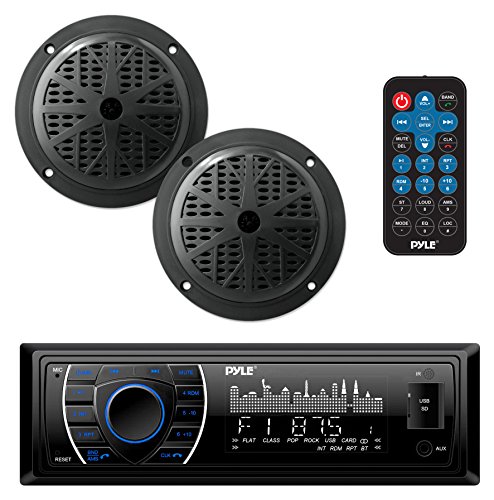Coachescrew
Member
- Joined
- May 14, 2011
- Messages
- 10
- Reaction score
- 0
I apologize if this is not the correct forum to use.
I am considering towing my new 2011 21ft. CC down to Destin Florida from Maryland and going out in the ocean with a buddy of mine who lives down there already.
Trying to get an idea of what kind of expense in gas anyone has encountered towing this distance.
I will be towing with a F150 4x4.
Look forward to your comments.
I am considering towing my new 2011 21ft. CC down to Destin Florida from Maryland and going out in the ocean with a buddy of mine who lives down there already.
Trying to get an idea of what kind of expense in gas anyone has encountered towing this distance.
I will be towing with a F150 4x4.
Look forward to your comments.





























